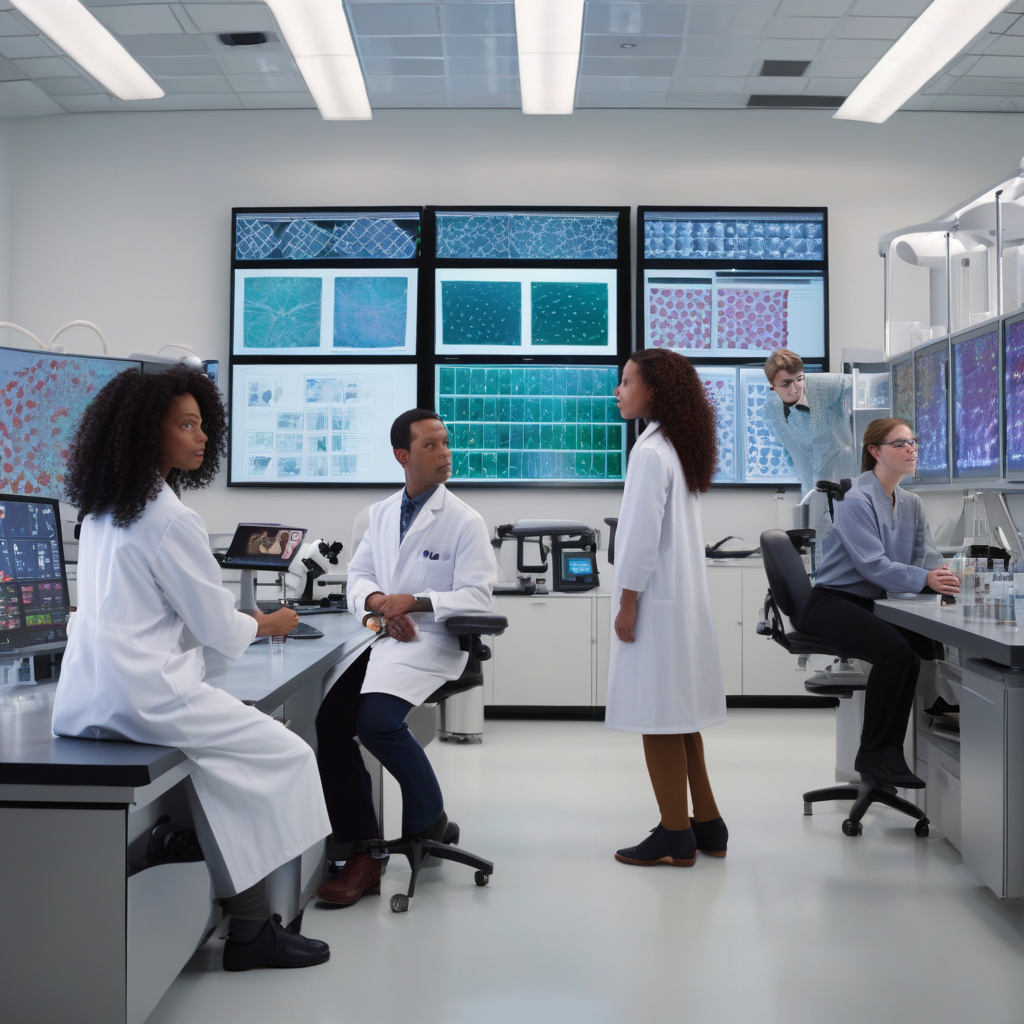Harvard Develops AI to Identify Life-Changing Gene-Drug Combinations
Harvard University has once again made headlines in the realm of groundbreaking innovations, this time with the development of an artificial intelligence system aimed at revolutionizing the field of drug discovery. Early results from the project indicate that the AI has the potential to identify life-changing gene-drug combinations that could significantly impact the treatment of various conditions, including neurodegenerative and rare diseases.
The implications of this development are nothing short of monumental. By leveraging the power of AI, researchers at Harvard have the opportunity to accelerate the drug discovery process, ultimately bringing new treatments to patients in a more timely manner. This not only has the potential to save lives but also to improve the quality of life for countless individuals around the world.
One of the key advantages of this AI system is its ability to reduce costs associated with drug development. Traditional methods of discovering new drugs are not only time-consuming but also incredibly expensive. By streamlining the process and honing in on specific gene-drug combinations, researchers can allocate resources more efficiently and effectively, ultimately bringing down the overall cost of bringing new drugs to market.
Moreover, the AI system has the capacity to uncover entirely new therapeutic pathways that may have previously gone unnoticed. This opens up a world of possibilities for researchers and pharmaceutical companies, allowing them to explore novel treatment options that could have a profound impact on patient outcomes. In the case of neurodegenerative and rare diseases, where treatment options are often limited, this development could be particularly game-changing.
For example, consider a scenario where a patient is suffering from a rare genetic disorder that has thus far been resistant to existing treatments. By utilizing the AI system developed by Harvard researchers, doctors could potentially identify a gene-drug combination that targets the underlying cause of the disease, offering new hope to the patient and their loved ones. This kind of personalized medicine has the power to transform lives and represents the cutting edge of modern healthcare.
As with any new technology, there are sure to be challenges and obstacles to overcome. Ethical considerations, data privacy concerns, and regulatory hurdles are just a few of the issues that must be carefully navigated as this AI system is further developed and implemented. However, the potential benefits far outweigh the risks, making it imperative that researchers continue to push forward in this exciting and promising field.
In conclusion, the AI system developed by Harvard University has the potential to revolutionize the way we approach drug discovery, particularly in the realm of identifying gene-drug combinations for neurodegenerative and rare diseases. By speeding up the process, reducing costs, and uncovering new therapeutic pathways, this technology has the power to change lives for the better. As researchers continue to refine and expand upon this system, the future of healthcare looks brighter than ever before.
AI, Harvard, DrugDiscovery, GeneTherapy, HealthcareRevolution












